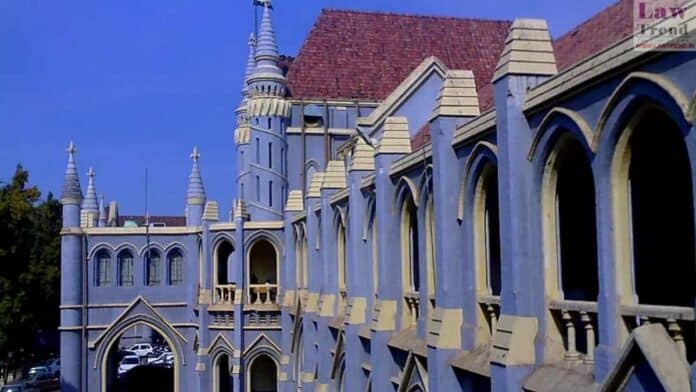In a landmark judgment, the Madhya Pradesh High Court invoked its extraordinary powers under Article 226 of the Indian Constitution to grant bail to Jibrakhan Lal Sahu, who had been in detention since December 2023. The court, expressing deep concern over the selective arrest and prolonged detention of Sahu, ordered his immediate release. The case,
To Read More Please Subscribe to VIP Membership for Unlimited Access to All the Articles, Download Available Copies of Judgments/Order, Acess to Central/State Bare Acts, Advertisement Free Content, Access to More than 4000 Legal Drafts( Readymade Editable Formats of Suits, Petitions, Writs, Legal Notices, Divorce Petitions, 138 Notices, Bail Applications etc.) in Hindi and English.




